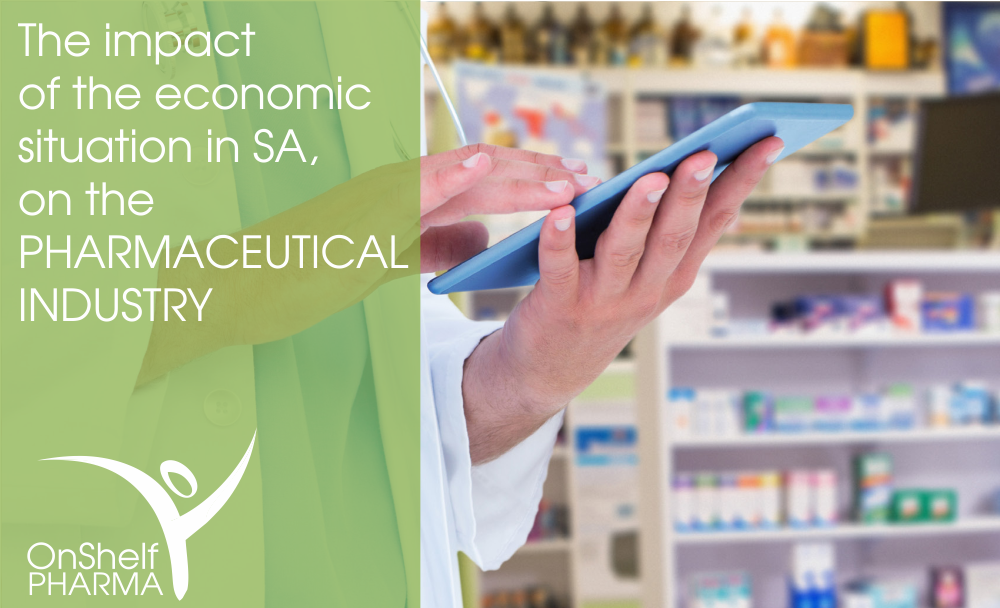At the start of the year, we analysed the markets and took a view on what the 2017 trading year would look like. While cautious and realistic about growth potential, we anticipated optimism. What we didn’t expect was the extent to which South Africa’s political landscape would change. From cabinet minister musical chairs, Dubai mansions to Junk status, the first half of the year is proving to be intensely unpredictable. Public sentiment has moved through the 5 stages of grief and is now stuck on the shadows that the future will cast. From all of the statements issued by the political party governing South Africa, it seems that the order of the day is to manage public perception from an internal, individual place. The recent nonchalant quote by finance minister Malusi Gigaba – “ if the Rand falls, we will pick it up” indicates the isolation with which people in power are spending R1,54 trillion (1) of South Africa’s revenue. Are we being too harsh and will South African’s feel any impact from the political rambles?
These worrying indicators have moved past impacting the poor and vulnerable. The middle class of income earners are experiencing a direct knock as retrenchments are on the rise. Looking into the Pharmacy industry with a magnifying glass, an annual growth of 8.9% (4) compounded over a 5 year period is expected from 2015. This is 3% lower than the previous 5 year period. Pharmacy in South Africa operates with the added dynamic of the single exit pricing policy. In times of a fluctuating currency exchange rate, the single exit pricing rule becomes strenuous for medicine manufactures and importers, as these fluctuations cannot be passed onto the patient. Many high tech medical devices are imported from Europe and America, while machinery is imported from China, meaning that Distributors and Importers of these products will be passing the currency inflation onto consumers who are already taking strain. Despite all the negative news, pharmaceutical companies are taking big strides with their growth strategies. Adcock Ingram acquired Virtual logistics in April this year, strengthening its position of being the only local pharmaceutical company to offer a full service distribution solution. This means stronger growth for Virtual Logistics.
Clicks posts a 13% growth in April, on the back of its health and beauty business. Dischem continues to be the shining star with a 24% increase in operating profit and 11 new stores opening taking the total up to 112 stores. Durban and Cape town are home to 30k square metres combined of Distribution Centre space. Further to this, Shoprite has also built a huge new Distribution Centre in Cape Town.
So, how do businesses in the Pharmacy Industry sail these currents and unlock growth beyond survival?
Growth strategies really depend on the cycle that your business is in. However an overarching view that considers the current state of the economic environment, states that in tough economic times, businesses should invest in customer acquisition. This strategy carry’s higher risk and is more costly, but companies that implement see sustainable growth.
If you have built up a strong customer base based on strong brands then the growth potential comes from convincing these customers to continue to choose your brands and increasing the catchment of new consumers that would consider your brand. This expands into the value offering your entire company represents, as with the case of the Adcock acquisition of Value Logistics.
If acquisitions are not in your mid-term horizon, investing more in marketing efforts now would be the right decision to make. Consumption is necessary for existence, so in times of financial strain, the price value equation comes under scrutiny and the need verses want decision gains more relevance on the purchase decision. Therefore shoppers that buy a certain brand of tissues, will look for alternatives that offer the quality range they are able to accept for the price that they are willing to pay. Therefore all communication efforts should be granular, targeted and integrated rather than the traditional mass reach. This is recommended because the former strategy has a higher conversion rate as people respond more readily to personalisation. Evaluating your brand and the current position of your target market will be a good starting point. Factors to consider when crafting your strategy for growth in tough economic times are:
Depending on where your organisation is in the business cycle, you might want to consider recruiting someone to start this process of evaluation or re-evaluation. Key to a great business growth strategy is to have a resource that has the foundation of current operations with a multiindustry set of lenses. This may sometimes mean pairing a consultant with industry knowledge with an internal team.






